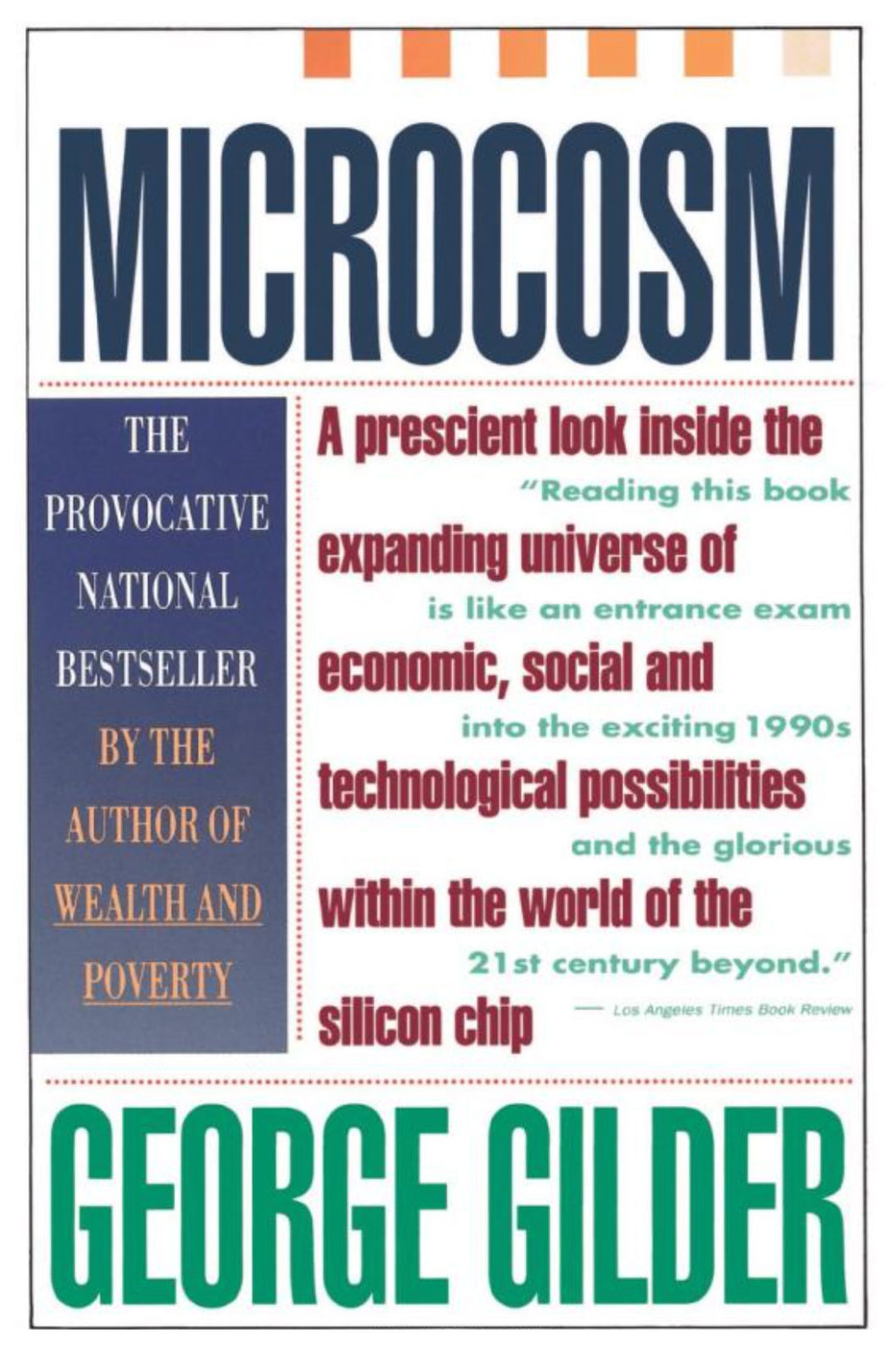Washington’s Bogeymen
Big Government and Mass Media always feed on fear of monsters. While politicians promise to protect the people from the dreaded private sector, leading newspapers such as the Washington Post and network shows such as “60 Minutes” chime in with continuing reports on the economy as seen from the shores of Loch Ness. Peering through the shifting, inscrutable murk of Read More ›



